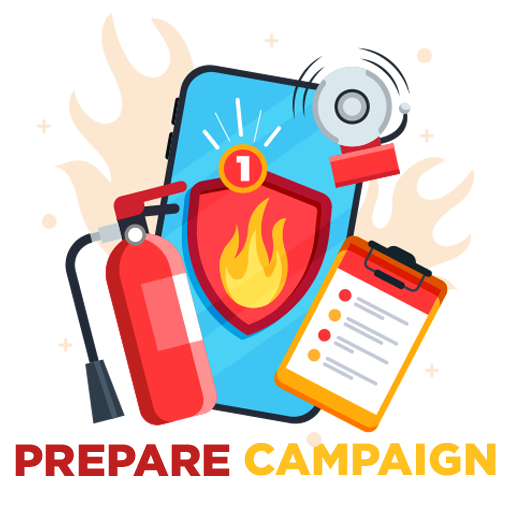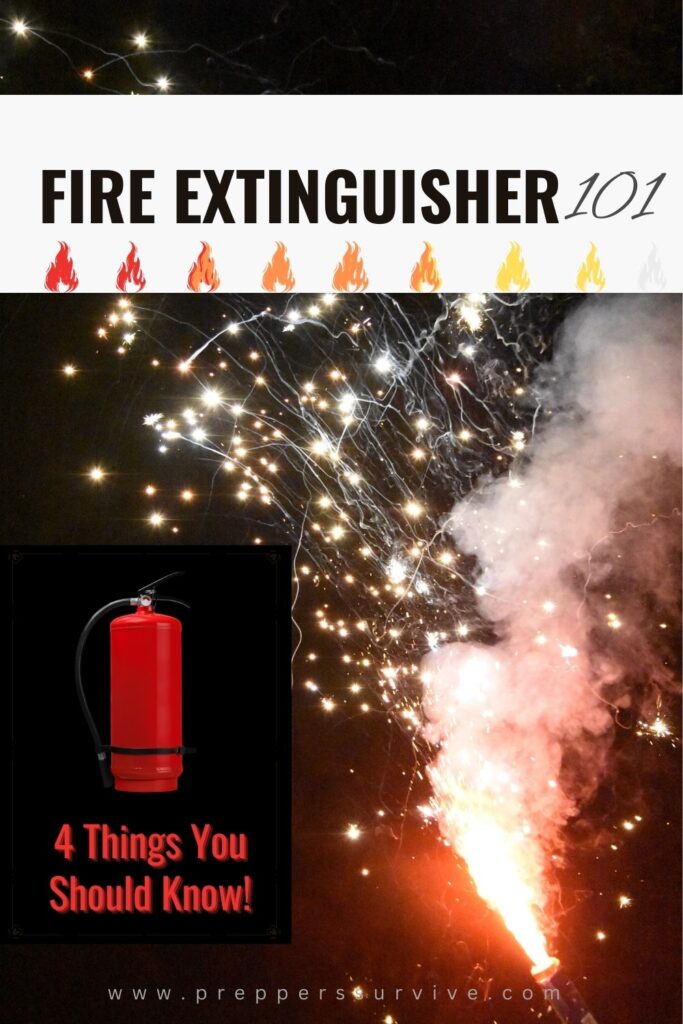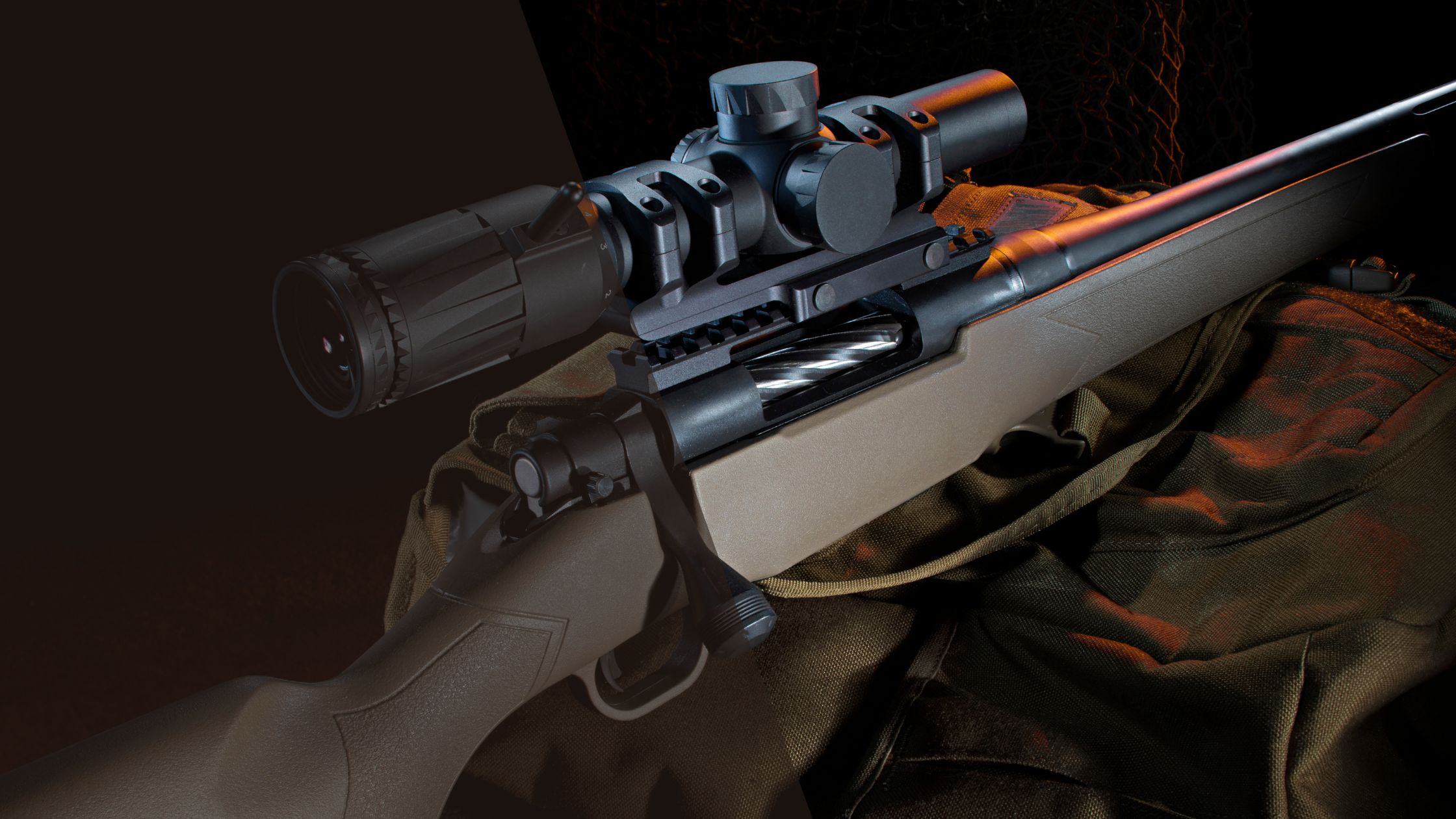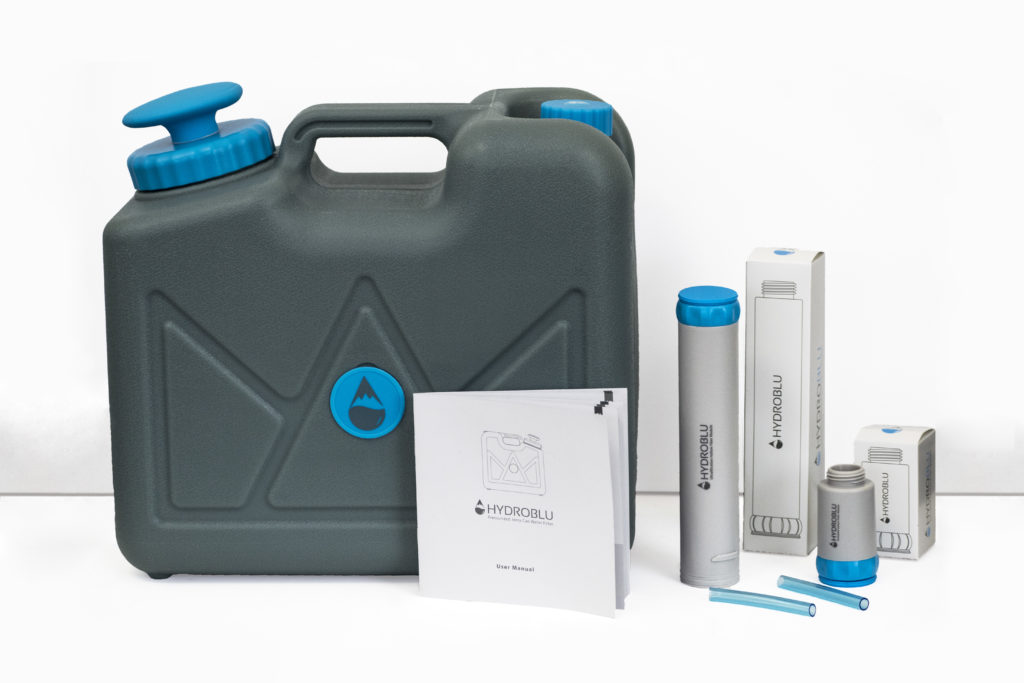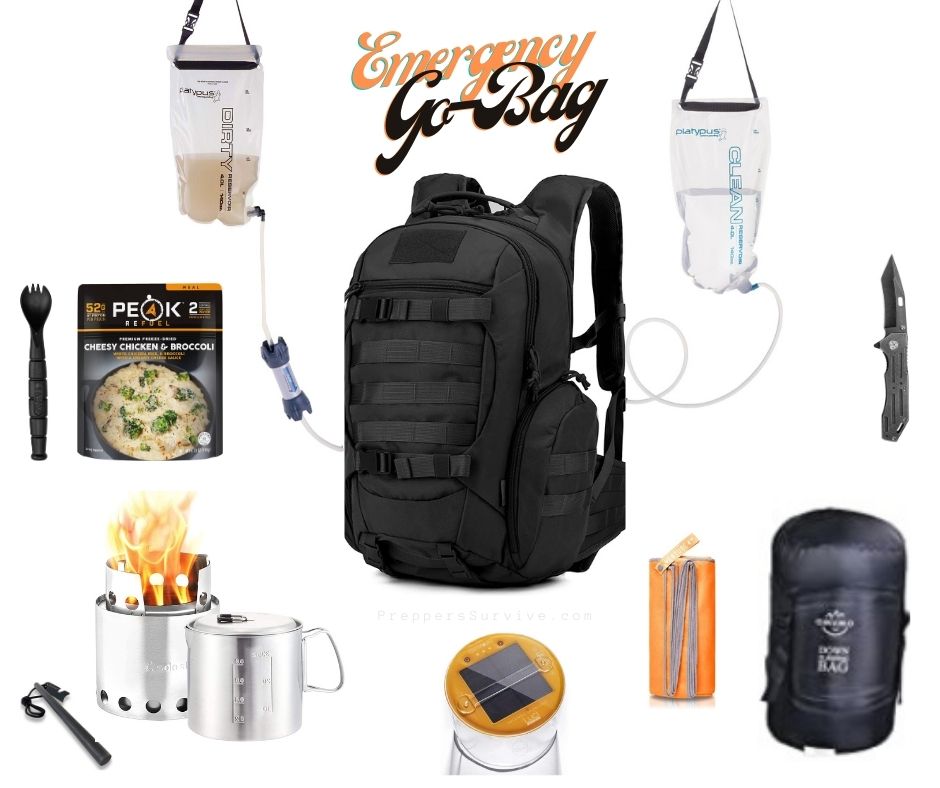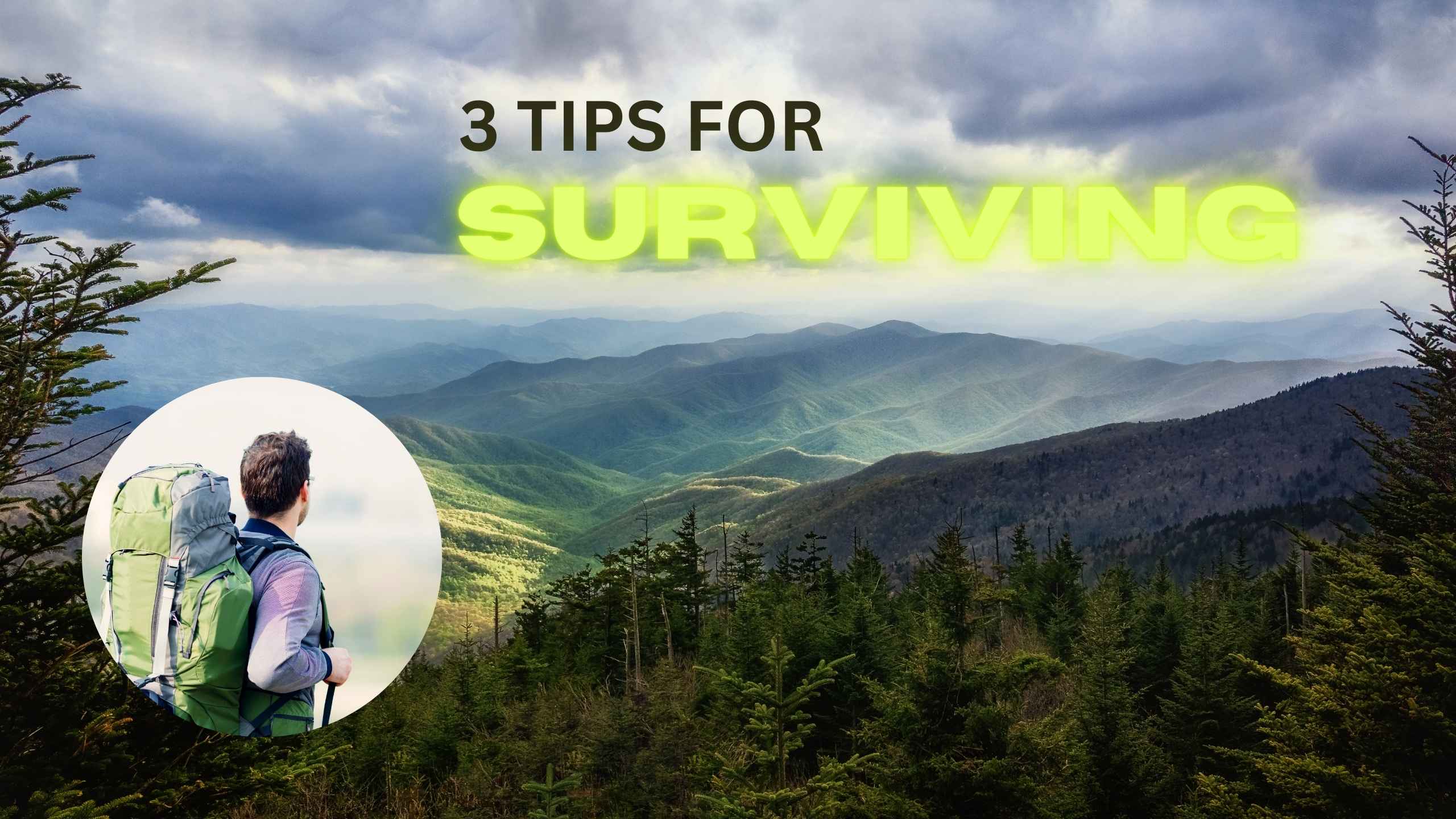
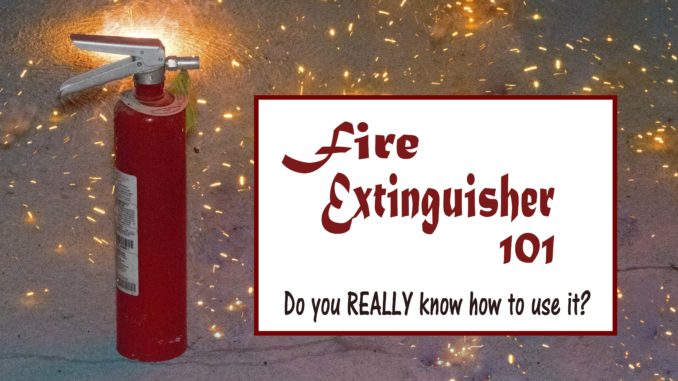
Do you know the steps to use a fire extinguisher correctly? What may seem like common sense is not as common as you would think. Take the quick-fire extinguisher quiz below.
I felt a little bad as I snatched the fire extinguisher out of my coworker’s hands. The catered food, tablecloth, and table were on fire! Someone had put a silk flower arrangement too close to a chafing pan flame. A coworker that was the first to notice had a fire extinguisher amid the blaze in seconds. Her quick heroic act was short-lived when she couldn’t figure out why the extinguisher wasn’t working as she frantically squeezed the two handles together. I waited for an excruciating 10 seconds. She’s going to figure it out, right? But as the flames got bigger and seeing guests in harm’s way, someone had to remove the pin and put out the fire before someone got hurt, so I did. I was a teenager at the time and told my mother about my interesting day. She said, “I bet you’re glad we taught you fire safety when you were little.” Truthfully, I didn’t remember my parents teaching me about fire extinguishers. My belief was that I had a little more common sense than the other girl. Apparently, fire safety knowledge is not so common.
- Do you know the acronym steps for using a fire extinguisher?
- Do you know how many fire extinguisher class types there are and which is right for an electrical fire versus an oil-cooking fire?
- What are four indicators that a fire extinguisher is in good working order?
- Name three safety tips for using a fire extinguisher.
Answers to the Quick Fire Extinguisher Quiz
Quick Fire Extinguisher Quiz
Answer to Question #1: PASS is the acronym for using a fire extinguisher. Pull the pin, Aim at the base of the fire standing 6 to 8 feet away, Squeeze the lever, and Sweep side to side.
There are several types and classes of fire extinguishers. The different types are foam, water, dry chemical powder, wet chemical, halon, and CO2. The class of a fire extinguisher is what you should really what to pay attention to! The class determines if it can be used on certain fires. See the list of classes below. Never use a fire extinguisher on a class fire it was not designed for. It’s dangerous to do so and can spread the fire.
Answer to Question #2:
Class A Fire Extinguisher
For solids such as paper, wood, rubber, clothes, plastic
Indicators: Green, triangle, a picture of trash can/wood burning
Class B Fire Extinguisher
For flammable liquids and gases such as kerosene, paraffin, petrol, gasoline, propane, butane
Indicators: Red, square, a picture of a gas can and flame
Class C Fire Extinguisher
For electrical parts and equipment fires such as wall sockets, electrical wiring, appliances, electronics
Indicators: Blue, circle, a picture of an electrical cord and outlet on fire
Class D Fire Extinguisher
For metals such as lithium, magnesium, titanium, zinc
Indicators: Yellow, star, a picture of a star with a D in the center (most common), a ratchet wheel on fire, or a beam on fire
Class K Fire Extinguisher
For cooking fires such as cooking oil, lard, grease fat
Indicators: Black, hexagon, a picture of a fire in a frying pan
The Multi-Purpose Fire Extinguisher is the most common fire extinguisher you can purchase today for residential use. It is typically a dry chemical extinguisher designed for the use of class A, B, and C (solids, liquids, electrical) fires. They come in rechargeable canisters for around $64 or disposable canisters for around $25. Each extinguisher should be labeled how close to the fire you should stand for the extinguisher’s stream to reach the flame. The small fire extinguisher below recommends 6 feet and the larger recommends 8 feet.
Answer to Question #3:
- The pressure gauge arrow is located in the green zone on FULL.
- Check the manufacturing date. Most extinguishers last between five and fifteen years. To determine how long a fire extinguisher is good for, check the label.
- Dry chemical extinguishers should be shaken monthly to prevent the material from settling.
- The canister should be checked for damage. If damage is found, the fire extinguisher should be replaced.
Answer to Quiz Question #4:
- Have your back toward the exit with an escape route in mind.
- Do not try to extinguish a fire that spreads too rapidly.
- A fire extinguisher should never be used on a fire classification it is not labeled for.
Thanks for visiting Preppers Survive website. If you found value in this article, please subscribe to our newsletter.
